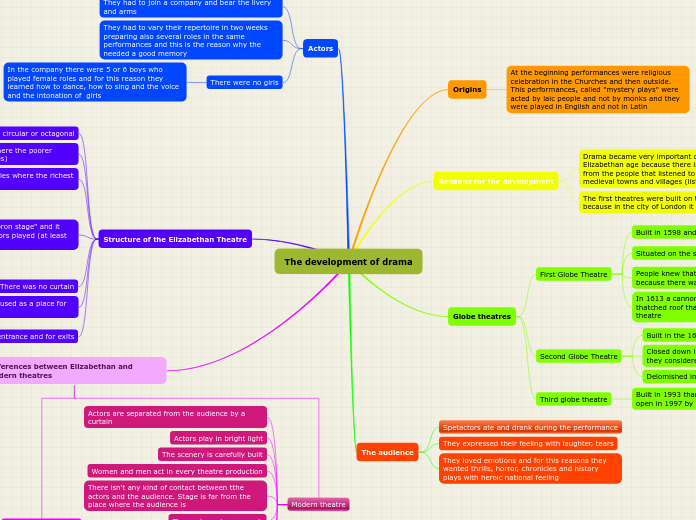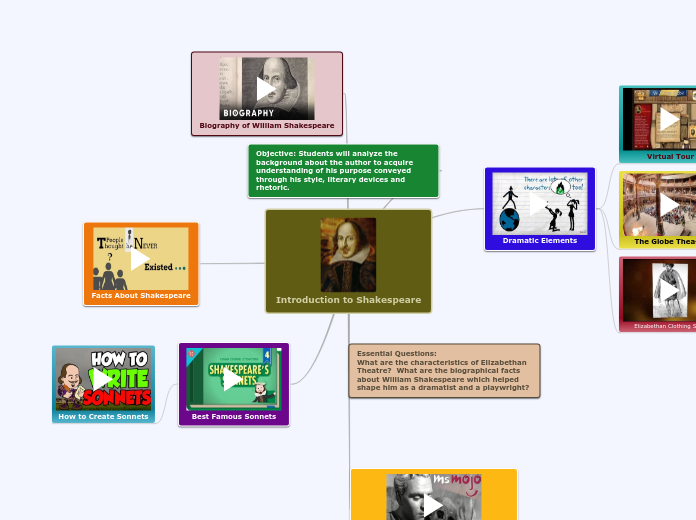par Antonio Imperato Il y a 4 années
2500
The development of drama
Drama gained significant importance during the Elizabethan era, largely due to the public's preference for auditory over literary experiences. Theatres were initially constructed outside of London city limits due to legal restrictions, with the Globe Theatre becoming a notable establishment on the South Bank of the River Thames.









